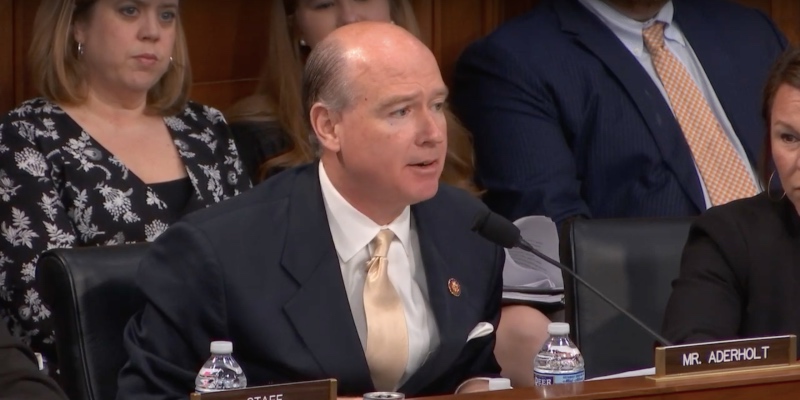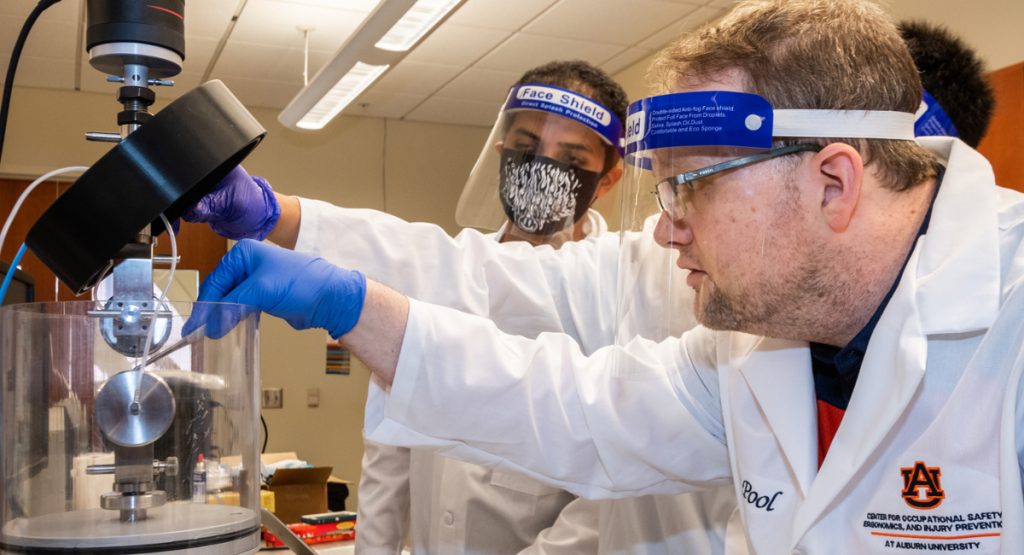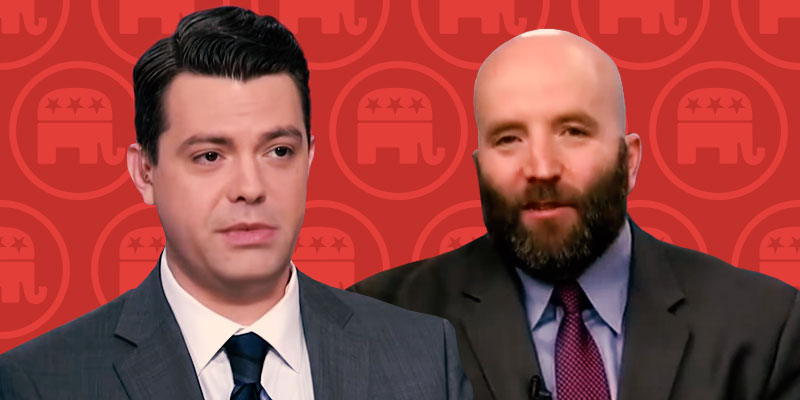Congressman Robert Aderholt (AL-04) on Tuesday successfully attached an amendment to Congress’ fiscal year 2020 agriculture spending bill that would bar the Food and Drug Administration (FDA) from approving research that involves gene editing of human embryos.
Roll Call reported that the move came during a meeting of the powerful House Appropriations Committee, of which Aderholt is a leading Republican member.
The ban on human embryo gene editing research has been included in this same spending bill since fiscal year 2016, however, the language was left out of the draft bill approved last month by the House Agriculture Appropriations Subcommittee.
While the top Democrats on the committee voiced opposition to Aderholt’s amendment, he was able to convince them to accept the measure on a voice vote, successfully inserting the language back into the draft bill approved by the full House Appropriations Committee.
In a statement to Yellowhammer News on Wednesday, Aderholt emphasized his support for responsible scientific research.
“Science provides the hope my colleagues and I seek to perpetuate in providing funding to find cures for terrible diseases,” he said. “But first we must ensure that the science and the bio-ethics move forward together before scientifically altering the heritable gene-pool. I believe that we must proceed with the utmost caution.”
“I also want to point out that, even under this provision, science continues to move forward,” Aderholt added of his amendment.
“Clinical trials of gene therapy are already either underway – or have been proposed – to treat suffering patients now,” he concluded. “Diseases such as sickle cell anemia, Duchenne muscular dystrophy, aplastic anemia, cystic fibrosis, and multiple types of cancers are all being targeted through gene therapy. This important work will continue.”
Another hot-button Aderholt amendment was rejected during the committee meeting.
On a 23-27 vote, the Alabama congressman’s amendment to raise the minimum federal age restriction to buy tobacco products from 18 to 21 failed.
This amendment would have included e-cigarettes, defined as electronic nicotine delivery systems. Online or other remote tobacco sales would have been mandated to require sellers to check a buyer’s age using commercially available databases.
This mirrors language in Aderholt’s “Stopping Consumption of Tobacco by Teens” (SCOTT) Act, which he introduced earlier this year.
Sean Ross is a staff writer for Yellowhammer News. You can follow him on Twitter @sean_yhn













